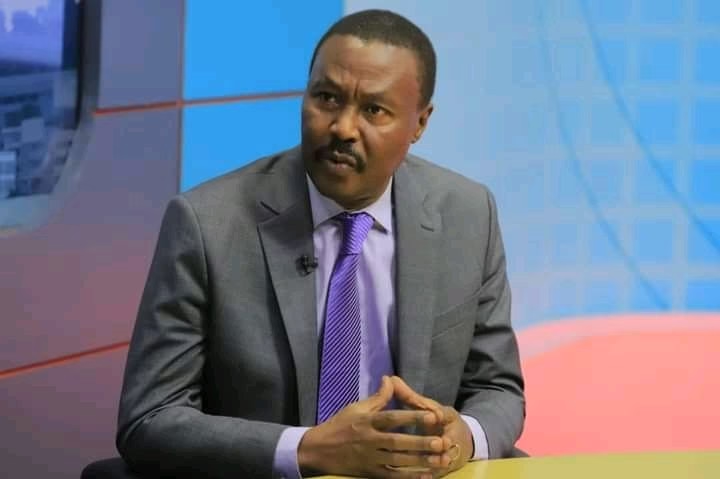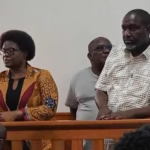Ugandan opposition leader Gen. Mugisha Muntu has delivered a stark message about the harsh realities facing emerging political parties: without money, even the best ideas can wither.
Speaking after a newly signed cooperation agreement between the Alliance for National Transformation (ANT) and the People’s Front for Freedom (PFF), Muntu described the severe funding shortages hampering his party’s efforts to build a strong, grassroots presence across Uganda.
“We are broke,” Muntu admitted in a televised interview. “The biggest obstacle to expanding our support nationwide is financial.”
Since its founding in 2019, the ANT has focused on community-level engagement and institution-building. However, its reach has been limited. Muntu pointed out that Uganda’s political system heavily favours parties with money, particularly those with parliamentary representation, who receive government support through the National Consultative Forum.
With no Members of Parliament, ANT does not qualify for this funding, leaving it reliant on private donations—which are scarce.
“We’ve been meeting people at the sub-county level,” he said. “But without adequate funding, we can’t reach the majority of the population.
Muntu was quick to highlight a broader issue: many Ugandans don’t realize that political parties need their support to function—financially and structurally.
“People donate to churches, mosques, weddings, and funerals,” he said. “Yet they ignore political parties, even though politics shapes every aspect of our daily lives.”
He drew comparisons to the 1960s and 70s, when parties like UPC and DP were actively supported by the public. That culture, he says, has eroded.
The implication is clear: for democracy to thrive, citizens must move from passive voters to active investors in political accountability.
Muntu didn’t mince words when pointing to the source of the problem. He accused President Yoweri Museveni of introducing and normalising “money politics”, creating a system where political survival depends on buying support.
“The regime dishes out taxpayers’ money in exchange for loyalty,” Muntu said. “That’s why voters now expect candidates to hand out cash during campaigns.”
This has created a distorted political environment, he argued, where corrupt actors thrive and principled candidates struggle.
Formed after Muntu’s split from the Forum for Democratic Change (FDC) in 2018, ANT set out with a unique mission: to build long-term institutional change rather than rely on populist or confrontational tactics.
With leaders like Alice Alaso, the party hoped to foster civic consciousness and establish a politics of integrity.
But five years on, Muntu says without public financial backing, their progress is slow.
This isn’t just a story about one political party’s financial woes. It’s a mirror for Uganda’s democracy.
Muntu’s message is a wake-up call: if the public doesn’t fund and support clean, people-centered politics, the space will continue to be dominated by moneyed interests.
“Democracy is not self-sustaining,” Muntu said. “It’s built—and funded—by the people.”
Understand that your role in politics is more than voting—it includes supporting structures that reflect your values.
Demand transparency in campaign financing and reject vote-buying.
Consider how small donations and consistent civic engagement can rebuild a fairer system.



